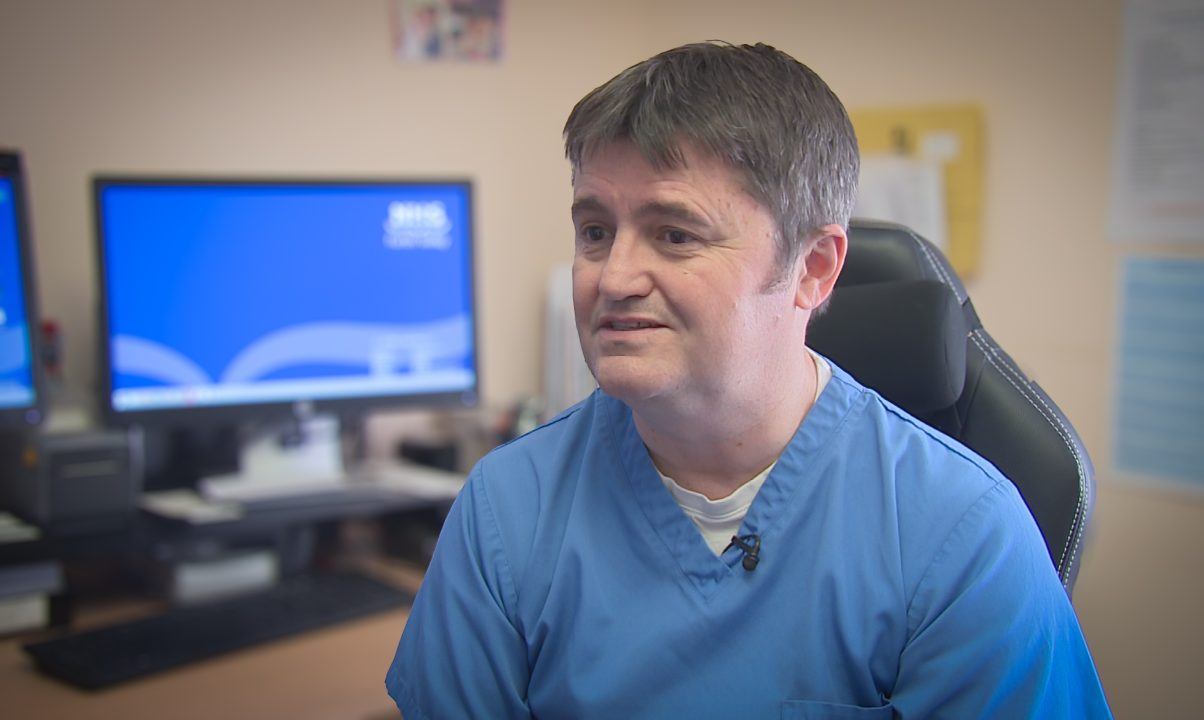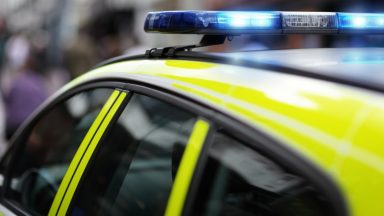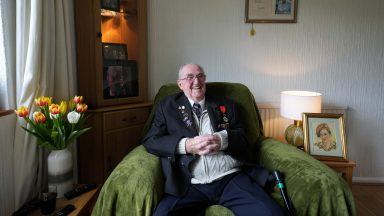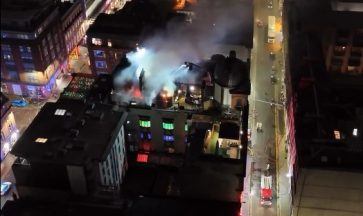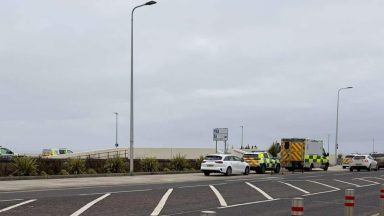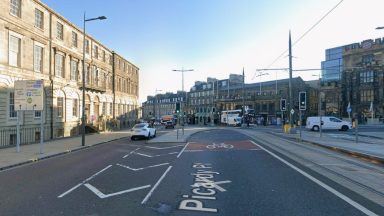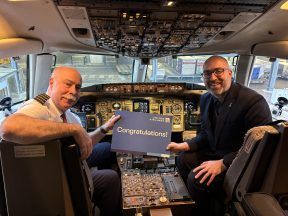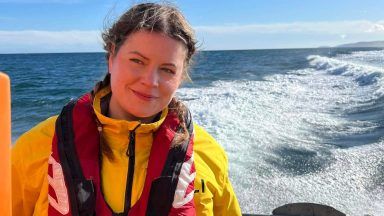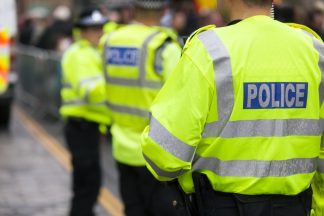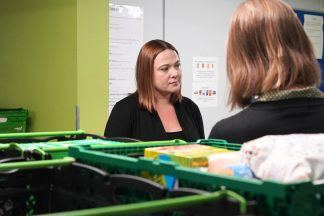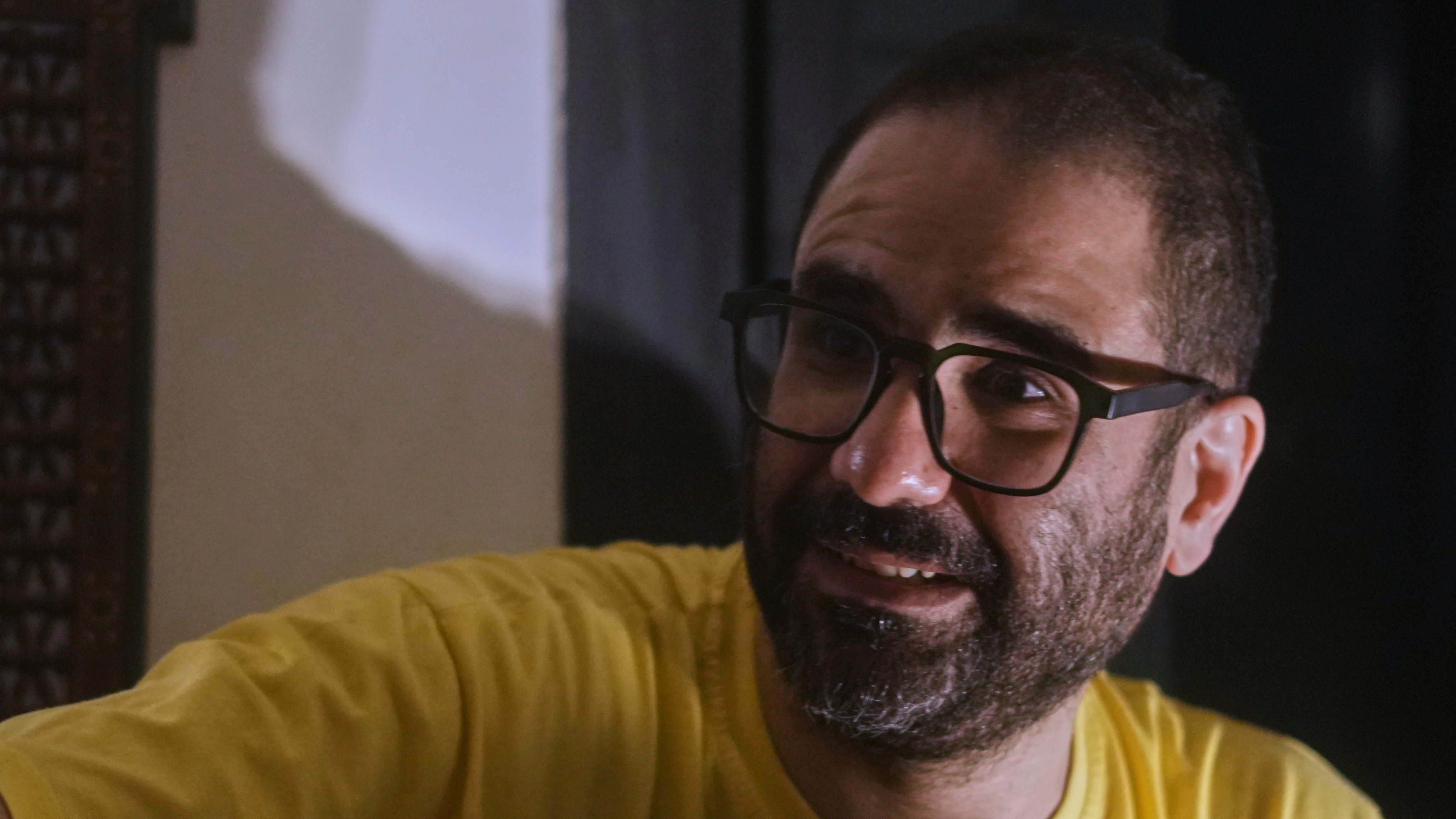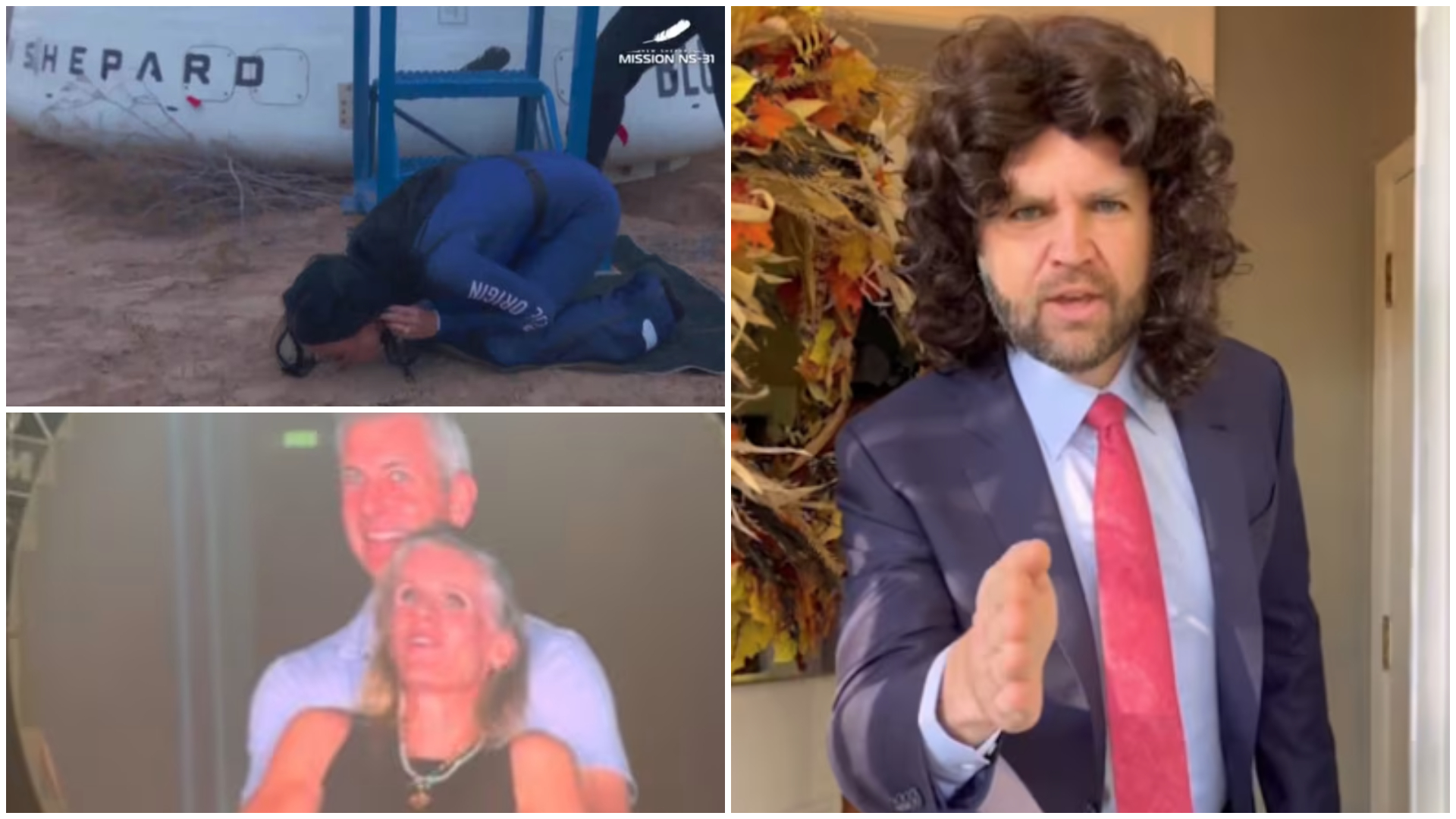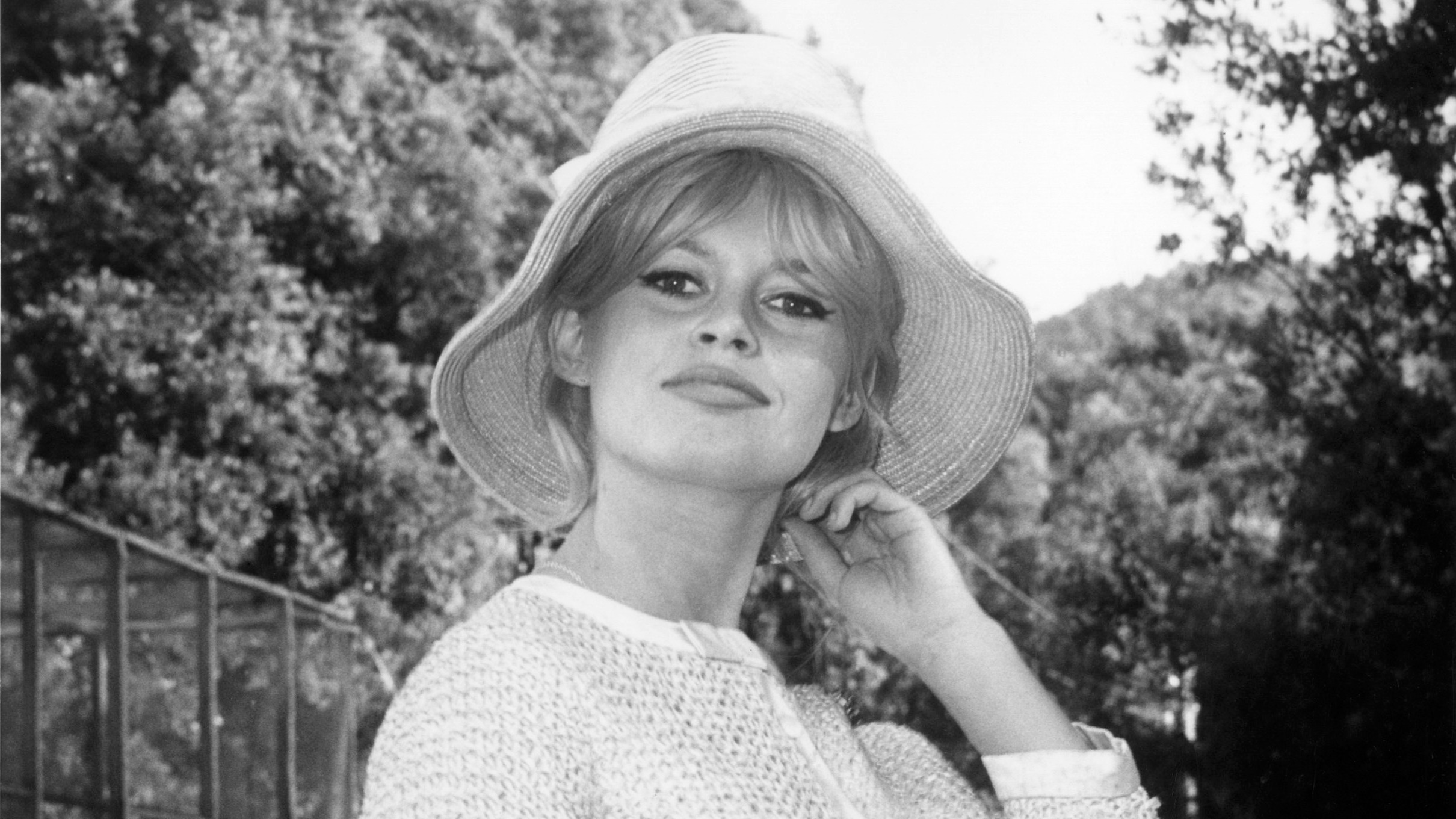A GP who is in recovery from addiction says he wants to see more in his profession receive specialist training to help tackle Scotland’s drug problem.
Dr Michael Blackmore, who battled a painkiller addiction for years after leaving university, can relate to struggles that most in his profession may not fully understand.
The Grangemouth GP has been sharing his experience as part of an exhibition exploring the country’s history with substance abuse, aiming to break down the stigma surrounding an issue that has claimed so many lives.
He told STV News: “I grew up on a council estate. It was a rough area, stuff happened, so I believe I was wired and fired and predisposed to addiction. Also, I have a family history.
“There are lots of things that can make someone get that soothing comfort from whatever they use, and that can cause problems later on. Once you’re going down that route, that feels like the best way of coping with stuff, but it’s not. There are other ways.”
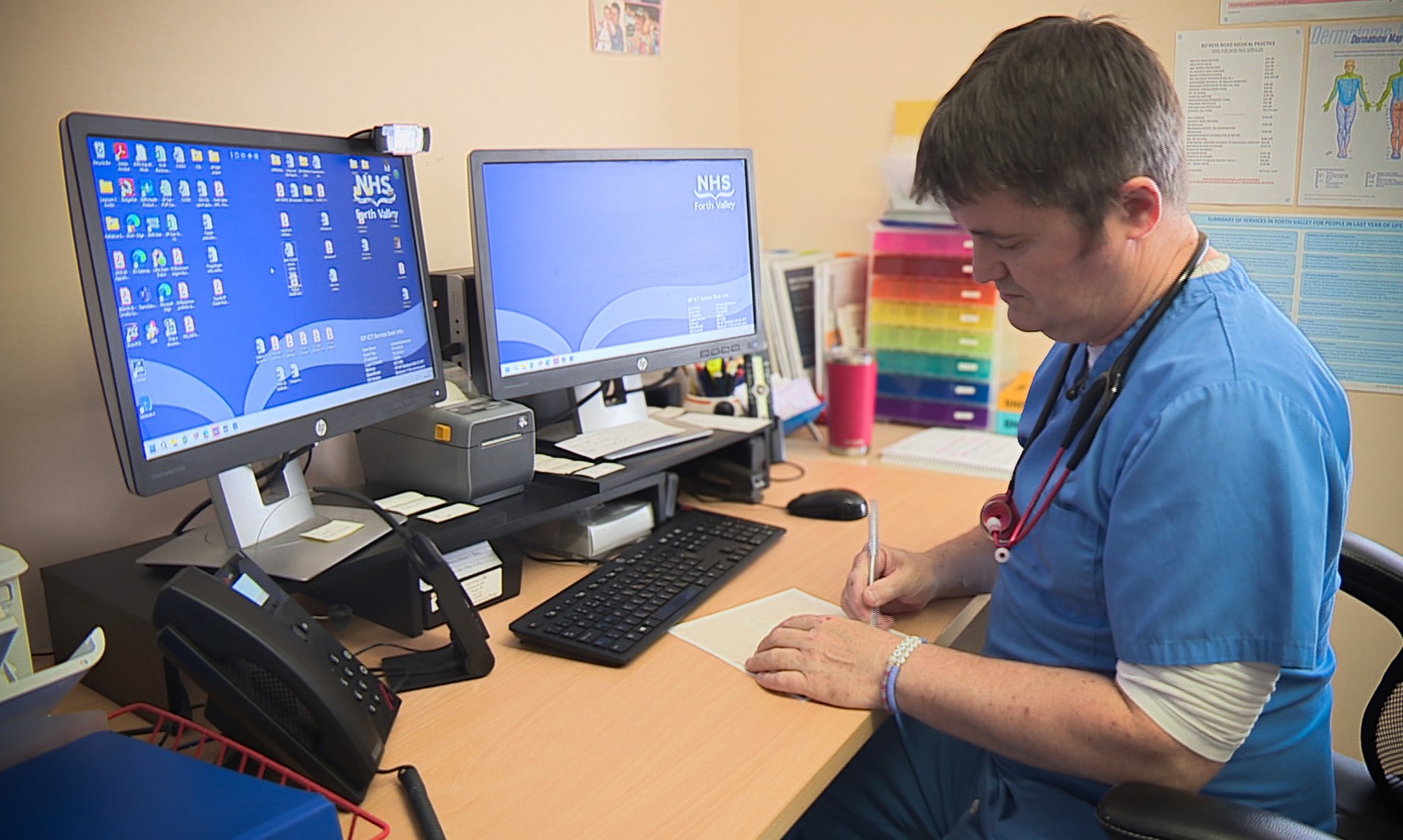 STV News
STV NewsSince going into recovery 16 years ago, Michael has been driven to use his experience to help others overcome substance abuse.
He said he would like to see more GPs trained in addiction and for stigmas to be broken down.
“Addiction is not a moral failing or a lack of willpower, it’s a disease, it’s a disease of dis-ease. You feel uncomfortable in your own skin, and I can identify with that.
“There are not enough GPs with experience in this field, and I think we need to increase this knowledge.”
Drug deaths in Scotland remain among the highest in Europe.
At 27.7 per 100,000, it is almost three times higher than the next highest country, Ireland.
In 2023, there were 1,277 alcohol-specific deaths – the highest since 2008.
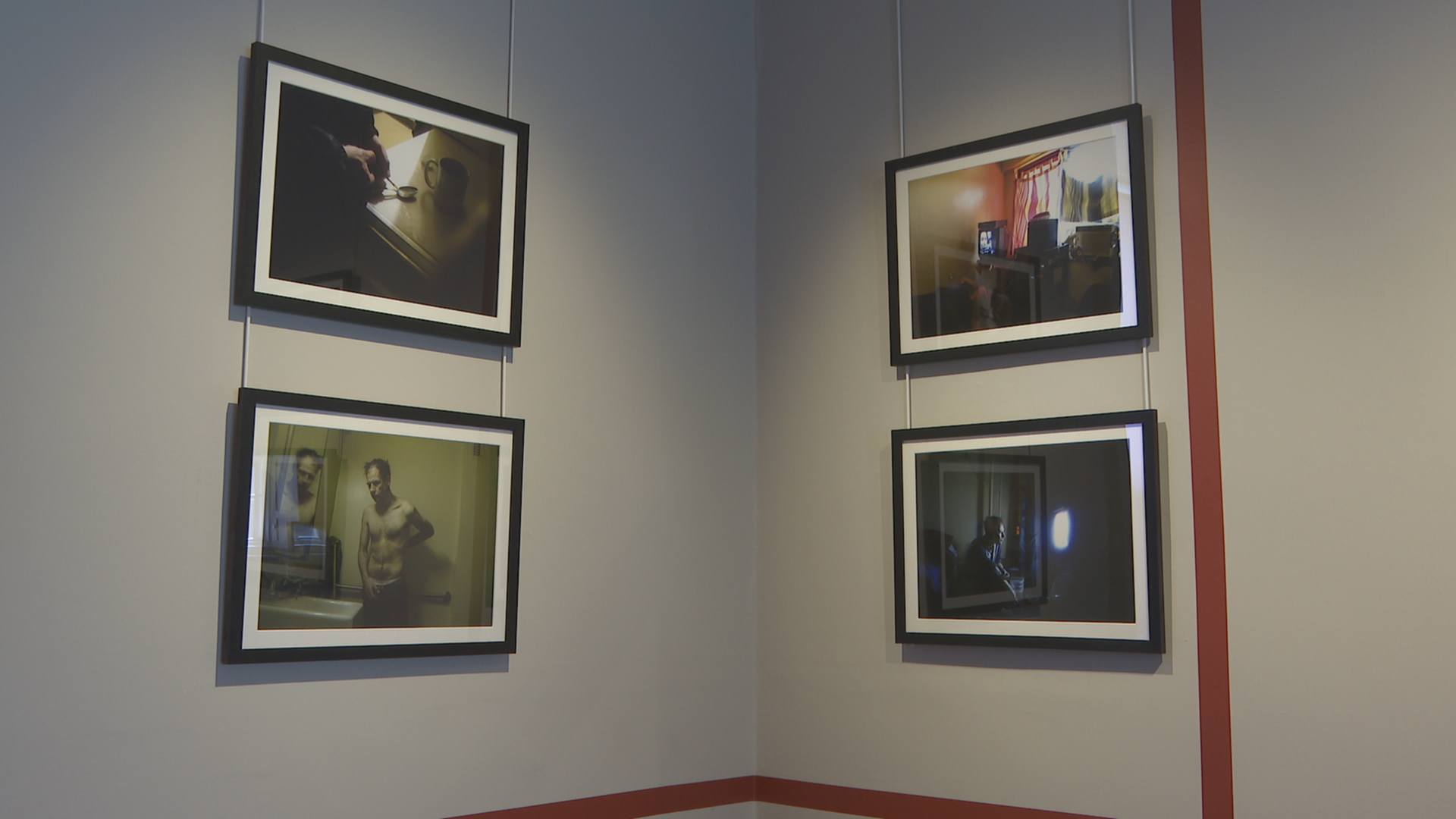 STV News
STV NewsMichael has shared his experience as part of a new exhibition at the Royal College of Physicians, documenting the history of addiction and Scotland’s long-standing struggles with substance abuse.
Daisy Cunynghame, heritage manager at the Royal College of Physicians in Edinburgh, says the exhibition is designed to look at the “bigger picture” of addiction in Scotland throughout history.
“The exhibition looks at the stigma surrounding addiction, some of the roots underpinning addiction, where it comes from and why it happens,” she said. “There are still many assumptions that come with addiction.
“It’s about making people think. I’m not suggesting we’re coming up with answers, but we hope people will question whether some of the prejudices and stereotypes surrounding addiction are genuine – or is it centuries of baggage that we are carrying with us now?”
The exhibition features a series of self-portraits by Scottish photographer Graham MacIndoe, captured during his struggle with heroin addiction.
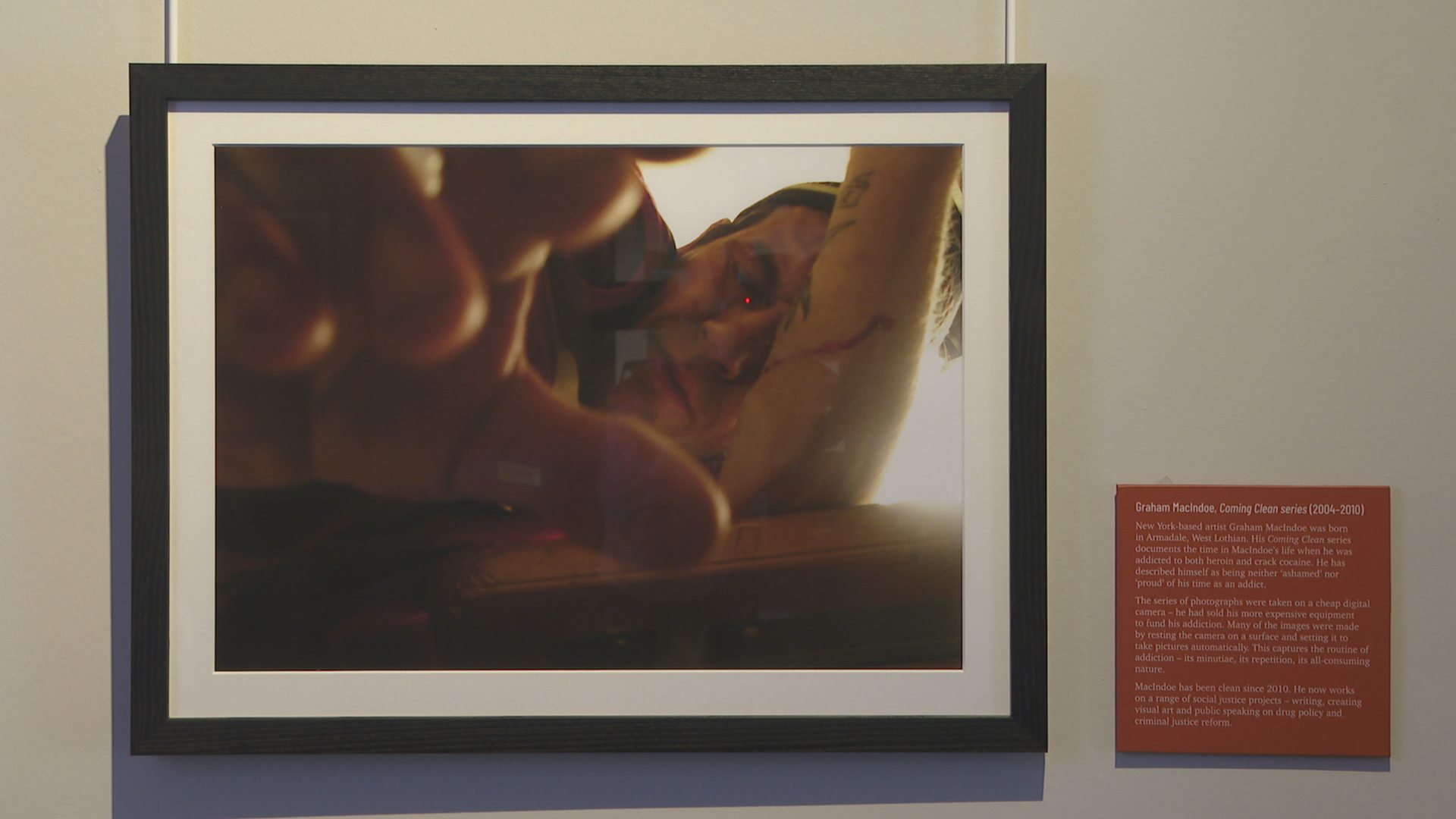 STV News
STV NewsGraham said: “It’s pretty visceral looking at those pictures and remembering what I went through.
“When you enter that world, you surround yourself with people who enable you, or ‘okay’ it or won’t question it. You push away the people who try to help you and the people who reach out.
“I’m pretty okay with looking at those pictures and having them out there in the world. It was a very, very difficult decision for me to bare my soul like that and put it out there. But because I’ve done that, people have reached out to me with problems that have gotten better. For me, it’s been worth it.”
Michael says anyone struggling with alcohol or substance use should make an appointment with their GP.
“I think the GP is a good place to start if you’ve got a problem with alcohol or drugs,” he said.
“I didn’t think I’d get to this age. I didn’t think I would get to this position. But I now realise that all of this is available to me and to any of us.
There’s an amazing life out there for people if they want it – and if they meet the right people to get it.”
Follow STV News on WhatsApp
Scan the QR code on your mobile device for all the latest news from around the country


